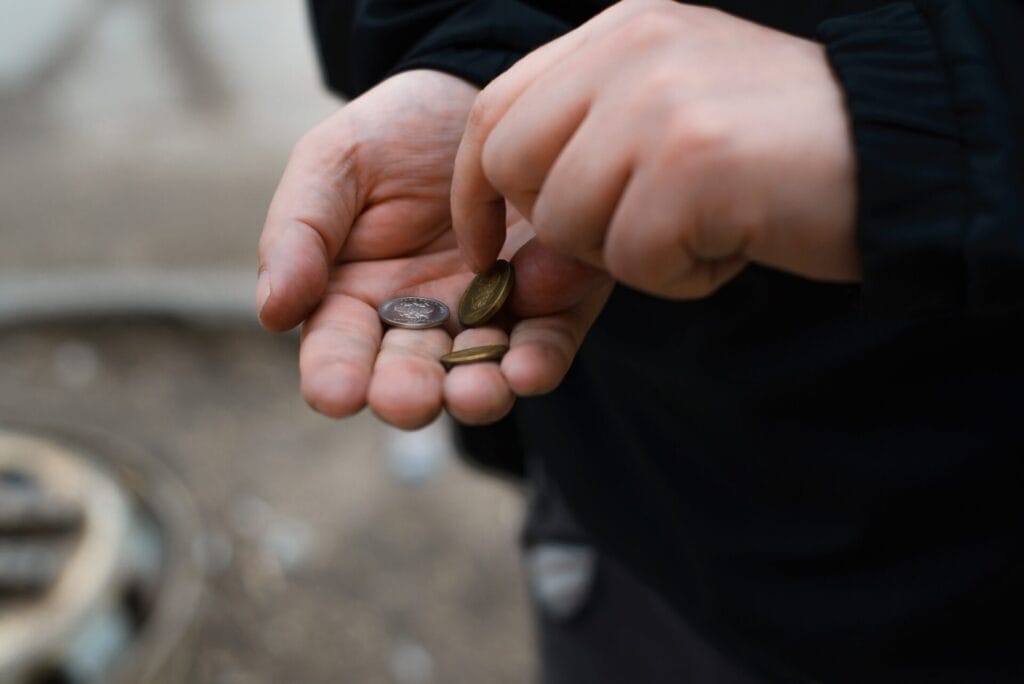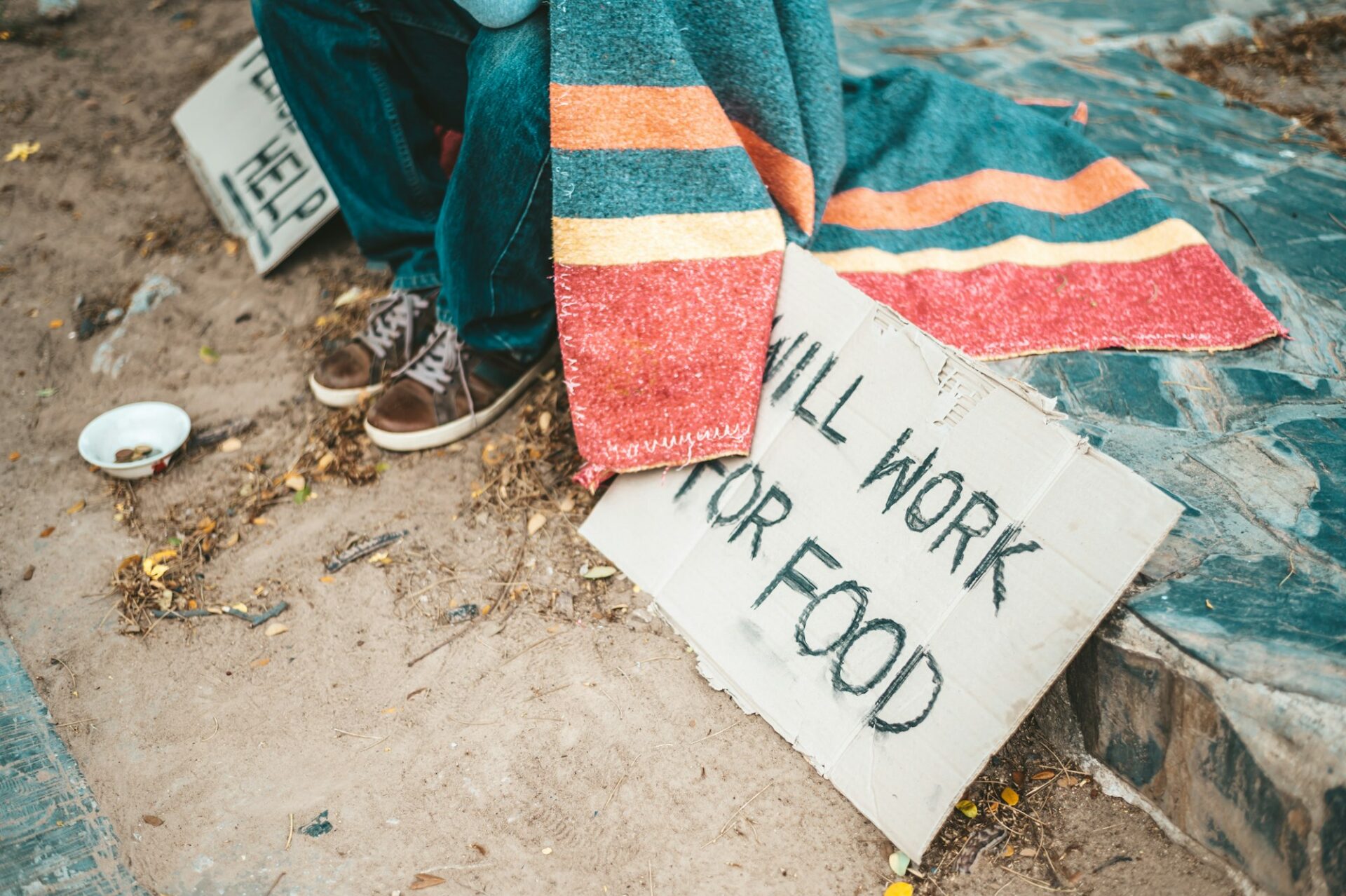The poverty mindset destroys futures. As we observe Mental Health Awareness Month, I’ve embarked on a series of personal columns detailing my journey toward improved mental well-being. Having spent a lifetime in survival mode, imagining a future filled with possibilities remains an uphill battle for me. But if there’s one thing I’ve learned, it’s that acknowledging the problem is the first step toward change.
Do you dream?
I don’t mean the fleeting stories that play in your mind as you sleep but a true dream—a vision for your future. For years, I dismissed this question, too preoccupied with the daily grind to ponder its significance. But recently, someone asked me if I had dreams for my life, and I realized how foreign the concept felt.
The Poverty Mindset
Dreaming is a luxury I’ve never been able to afford. The poverty mindset, deeply rooted in survival and scarcity, crippled my ability to strive for more, to be more, or to even want more. What’s the point of creating a vision board or mapping out goals when the idea of achieving them feels as unattainable as winning the lottery?

Growing up, my concerns revolved around basic needs: having enough food to eat and clothes that fit. As an adult, the stakes shifted to keeping my children alive, safe, and loved. Now, in the middle of my life, I realize that even though those basic goals have been met, I still live as though dreaming is a distant luxury reserved for others.
For me, poverty isn’t just about lacking material wealth—it’s a mindset, a belief system, and a ceiling that I never thought I could break through. It’s not pessimism; it’s a survival mechanism. Why dream of a better tomorrow when surviving today feels like a victory?
The Illusion of Choice
Poverty doesn’t just limit financial options; it teaches you to stop wanting. It tells you that what you have—no matter how little—is enough because wanting more is dangerous. It sets you up to live reactively, not proactively. When I think about the future, my mind doesn’t drift toward hope or ambition. Instead, it circles around contingency plans. What if I lose my job? What if my health takes a turn? What if I end up homeless?
I once read that poverty isn’t just an economic condition—it’s a psychological one. It trains you to expect disappointment, to live in constant defense mode, and to guard against the inevitable loss. It’s a mindset that bleeds into every area of your life, from relationships to self-worth.
Learning to Dream
But here’s the truth I’m starting to uncover: dreaming isn’t just for the privileged. It’s for anyone willing to challenge the belief that survival is the only option.
Dreaming requires two things: security in the present and hope for the future. For me, the first step is redefining what security means. It’s not about having a perfect life or an overflowing bank account—it’s about feeling safe enough to imagine something better.
When I was asked recently what I wanted out of life, my gut reaction was to shrug it off. But instead, I said something simple: “I want to buy a house.” It wasn’t an earth-shattering dream, but it was a start. And that’s the thing about breaking out of the poverty mindset—you don’t need to dream big right away. You just need to start somewhere.
Hope for Today, Not Tomorrow
If I’ve learned anything from living in survival mode, it’s that celebrating today can be an act of rebellion against a life that’s always telling you to prepare for the worst. I may not have a 10-year plan or a grand vision for the future, but I’ve learned to find joy in small victories: a meal shared with loved ones, a quiet evening with a good book, or the satisfaction of simply getting through another day.
How does someone like me, who’s spent a lifetime avoiding dreams, learn to embrace them? Slowly. Imperfectly. One step at a time.
So if you’re like me—content in not knowing and skeptical of wanting more—it’s okay. Start small. Dream of something simple. And remember, you’re not alone in figuring out how to navigate the space between surviving and truly living.
Read more of my thoughts and things. Sometimes they’re messy, but they’re always honest.
A Touch Dead
$10.00A Touch Divine
$10.00Ascension Descension – Hell’s Hottest Reality Show
$10.00
Kristy Kelly










